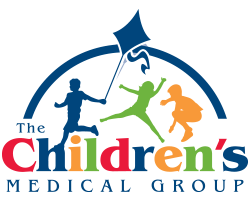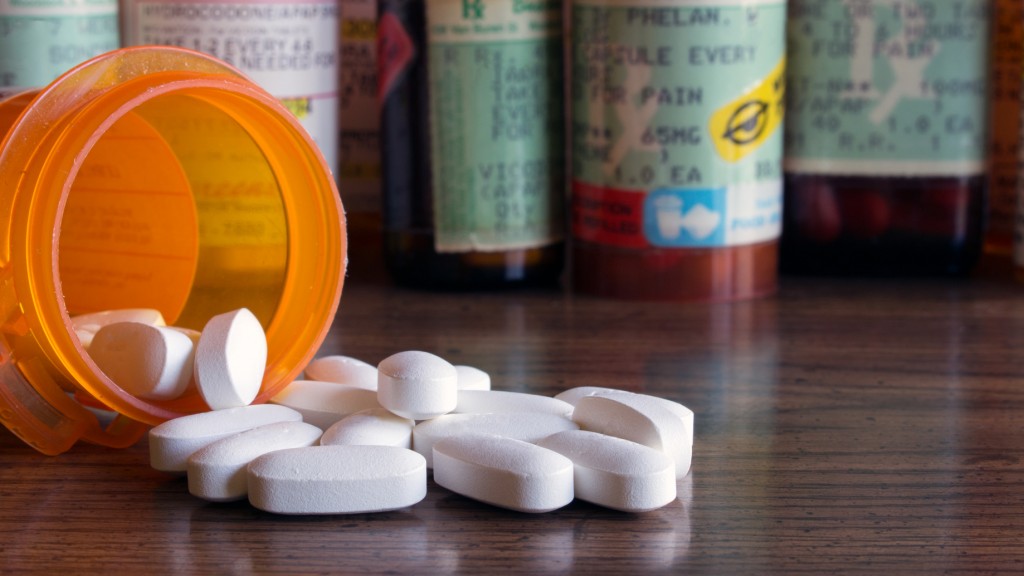The opioid epidemic is a serious problem nationwide. In fact, the leading cause of accidental death in this country is due to drug overdoses. Opioids are highly addictive narcotics that can range from prescription pain medications like oxycodone, morphine and codeine to illegal street drugs like heroin. In 2017, the National Institute on Drug Abuse reported more than 72,000 overdose deaths.
What Are Opioids?
Addiction and opioid abuse can happen anywhere and at any time. Prescription opioid drugs create artificial endorphins that the body also normally produces to help with pain. This gives the user the feeling of being “high” temporarily. As the user begins to abuse opioids, the brain stops producing the natural endorphins and begins to build a tolerance to the opioids. This results in the user increasing their dosages and shortens the time frame in between them, eventually taking such high amounts so frequently that overdoses occur. Large amounts of opioids greatly decrease the heart rate and can cause permanent damage after long-term opioid use. During an overdose, a person’s breathing is slowed, and their pulse slows, which can lead to irreparable brain damage.
Opioid Abuse Prevention
Proactively preventing opioid abuse in your home and around your children is important. Keeping an open line of communication with your children and educating them on the deadly consequences of opioids can decrease the risk of opioid abuse. The law prohibits distribution of opioids to anyone other than who is on the prescription, and if caught, jail time is a real possibility. If prescription pain medicine has to be in the house, store it in safe place where it is not easily accessible to other members in the house. Another good idea is to stay on top of the number of pills available and make sure none go missing. If and when the pills expire or there are leftovers, simply return them to the doctor, pharmacy or local police station to be safely disposed of.
Lastly, if you are wary of the risks opioid-based medications could pose to yourself or your family, consult with your doctor to seek out alternative medications. Asking for help is the first step in overcoming opioid abuse and can turn out to be lifesaving. Never hesitate to ask for help; there is nothing to be ashamed of.
Sources:
National Institute on Drug Abuse


